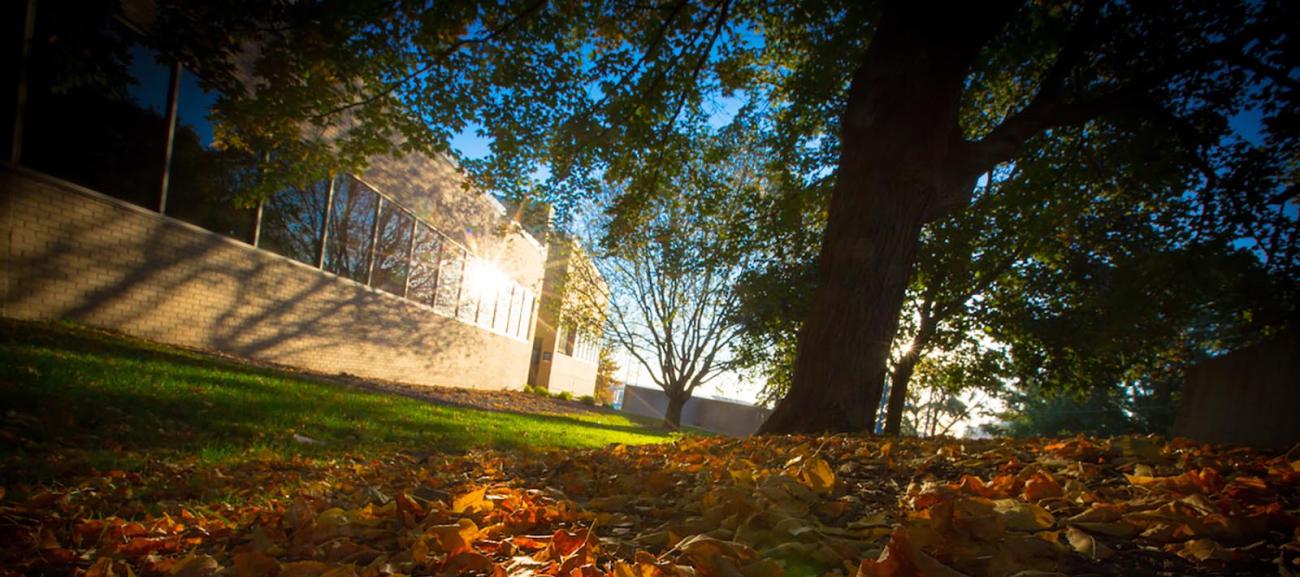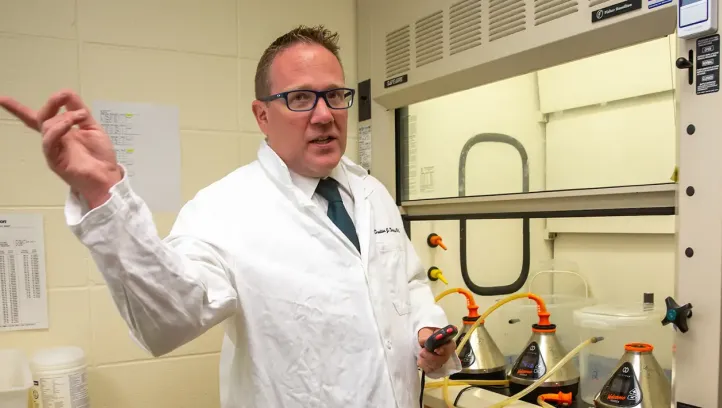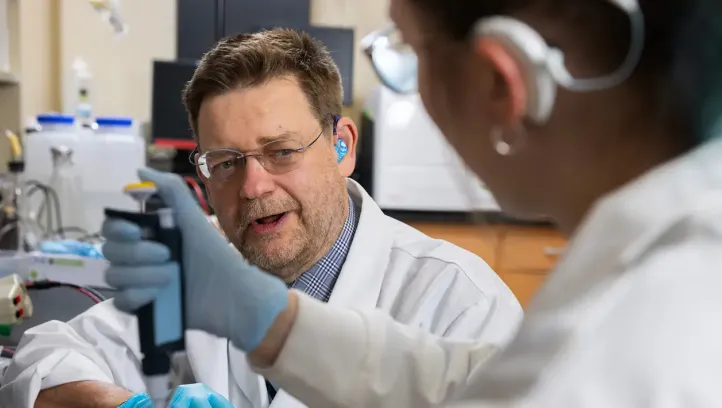
$1 million helps Creighton’s juvenile justice clinic aid at-risk youth

Creighton’s School of Law and its Juvenile Justice Legal Clinic aren’t just thinking about social problems but taking action to address them.
To support expansion of the clinic and its important work, $1 million is coming, courtesy of the Byrne Discretionary Community Grant, a program of the Bureau of Justice Assistance, a division of the U.S. Department of Justice. The grant was supported by the office of Rep. Don Bacon, R-Neb., and facilitated by the Douglas County Board of Commissioners, whose staff helped compose the application and will track the clinic’s performance.
Creighton’s Juvenile Justice Legal Clinic operates like a small law firm. Students gain hands-on legal experience while helping children in need.
An ongoing lack of support for at-risk youth has resulted in high rates of youth violence stemming from poverty, gang involvement, high unemployment and substandard housing, Joy Suder, JD’08, wrote in the grand proposal.
“The clinic directly reflects Creighton’s commitment to serving our North Omaha neighbors by meeting the needs of community members that otherwise would go unanswered,” says Suder, director of the JJLC. “Principles of equity and inclusion, which are increasingly being prioritized at Creighton and in universities across the nation, are strengthened by early intervention.”
The three-year grant will enable her to form a partnership with Creighton’s Department of Social Work and with Community Connections, a Creighton program that provides access to needed resources and works to prevent youth from becoming involved in the criminal justice system.
Referrals for the programs will flow from a long list of community organizations including school districts and community agencies with which the JJLC has established relationships.
Interventions in these cases can be deeply practical.
“Say you have a teenage daughter, and you want her to go to an after-school program that has a 13-page application that has to be printed off,” Suder says. “Well, a lot of people don’t have printers, but someone from Community Connections can go to the house, help fill it out and get it submitted.”
Transportation is an issue, too.
“How are you supposed to attend a probation hearing if you have no transportation?” she asks. “And if somebody does not have a car then a food pantry won’t be as effective as it might be.”
Creighton and the JJLC’s holistic approach to legal services considers the many facets of lives lived in poverty. The goal is to avoid court involvement, Suder says, but if legal services become necessary, then the goal is to guide youth through the process towards the most positive outcome.
Founded two years ago on the strength of private donations totaling nearly $1 million to support the first five years of work, Creighton’s juvenile justice clinic is charged with providing free legal services to minors whose cases are progressing through the Separate Juvenile Court of Douglas County. Those cases, Suder says, disproportionately impact youth of color.
Creighton’s Juvenile Justice Legal Clinic is based in the Creighton School of Law, and it offers office hours open to the public at The Highlander Accelerator, a community center in North Omaha.
The Highlander will initially be open on Tuesdays and Thursdays from 11 a.m. until 2 p.m., with hours gradually extending to include Mondays and Wednesdays from 4p.m. to 8 p.m., and Saturdays from 9 a.m. to 3 p.m.




